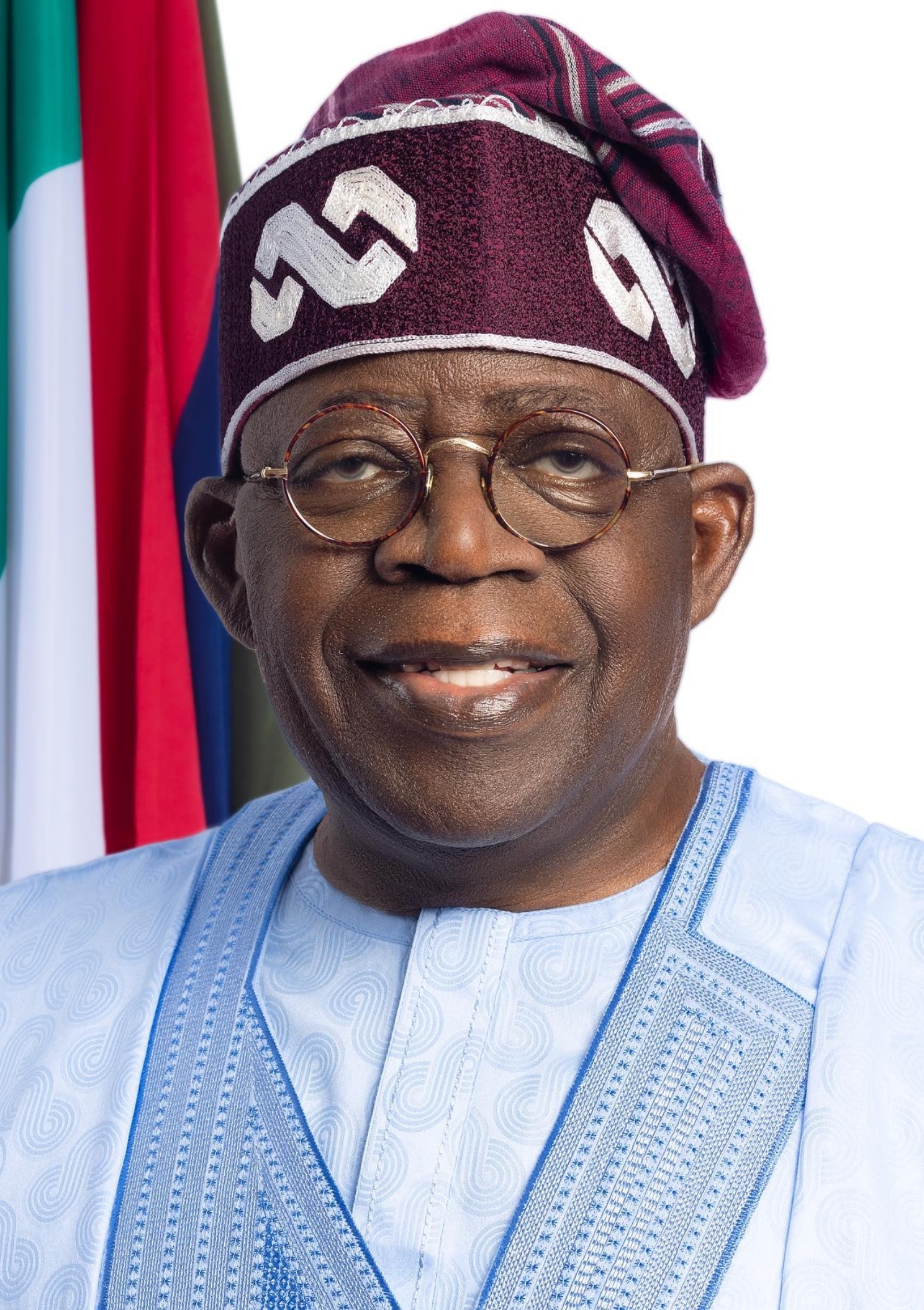President Bola Tinubu, Nigeria’s seasoned political strategist, appears to have sealed the nomination of the ruling All Progressives Congress (APC) for 2027 yet his journey to re-election remains anything but assured. The real test lies not in securing the party ticket but in navigating the treacherous politics in seven pivotal states whose allegiance can make or break his reelection bid. Even with APC’s dominance in two-thirds of state assemblies and a majority in the National Assembly, the president’s path to victory traverses internal rifts, defections, and burgeoning opposition unity.
The Opposition’s Rising Tide
A newly formed opposition coalition under the African Democratic Congress (ADC)—led by heavyweights Atiku Abubakar and Peter Obi—poses a credible threat. By amalgamating disenchanted politicians from across the spectrum, the ADC aims to replicate the 2015 model that dethroned the PDP.
But while APC insiders insist the North remains firmly behind Tinubu, analysts warn of fragile unity and simmering discontent—especially if economic pains persist.
The Seven Must-Win States
Based on electoral significance, opposition traction, and internal APC volatility, the following states represent the frontline of Tinubu’s 2027 challenge:
1. Delta State
• Oil-rich and a former PDP bastion, Delta flipped under Tinubu’s calculated defections. But internal APC power struggles—especially between newcomers like Governor Oborevwori and long-time figures like Omo-Agege—risk pushing disaffected factions toward the ADC.
2. Adamawa State
• Atiku’s home state, where his pivot to the ADC could shape voter dynamics. With Fintiri split and challengers like Aisha Binani contesting, control of Adamawa remains hotly contested.
3. Rivers State
• Once PDP stronghold, Rivers is mired in internal APC conflict. Tinubu’s intervention to elevate Wike over Fubara helps, but the lingering power tussle and a resistance-ready ex-minister Amaechi (now in ADC) spell trouble.
4. Lagos State
• Tinubu’s base with the highest voter count—but growing youth disaffection and the 2023 upper-hand by Peter Obi spotlight volatile urban sentiments. The shadow of dynastic speculation, with his son rumored as a gubernatorial contender, adds to the tension.
5. Oyo State
• In the critical South-West, PDP Governor Makinde maintains strong control, further complicated by Tinubu’s ally, Bayo Adelabu, coveting the APC ticket. The power shuffle here could swing significant votes.
6. Kano State
• The “vote capital” of Nigeria. Rabiu Kwankwaso’s non-aligned stance and mass following make Kano a political wildcard. Many of his lieutenants have drifted toward APC, but the ex-governor remains key to the state’s direction.
7. Bauchi State
• A northern PDP stronghold, steered by Governor Bala Mohammed, who harbors presidential ambitions and is at odds with federal figures like Yusuf Tuggar and Ali Pate. APC will need to quell local instability quickly.
The Broader Political Matrix
• Economic Strain & Security Crisis: Skyrocketing inflation, insecurity, and rising poverty are eroding Tinubu’s appeal—even in his strongholds—while the opposition capitalizes on popular discontent.
• Youth Anger & Voter Rebellion: Urban youth, especially under 35, are increasingly mobilized against incumbency, fueled by hashtags like #Tinubu2027 and disillusion that outpaced 2023 levels
• APC Infighting: Internal discord—over vice-presidential succession, party appointments, and governance centralization—threatens to derail APC’s cohesion unless resolved swiftly
•
Exclusive Analysis: Tinubu’s Tightrope
Tinubu cannot lose his footing in any of these seven states. The stakes are geopolitical, psychological, and strategic: failure in one could cascade into momentum for the opposition.
• Delta and Rivers—as financial juggernauts—carry weight far beyond their voters.
• Lagos and Oyo anchor his South-West base.
• Adamawa, Kano, and Bauchi are northern bellwethers where Tinubu must win even modest shares of votes to cross the constitutional threshold of at least 25% in two-thirds of states.
The ADC, armed with aggregated discontent and seasoned defectors, stands poised to siphon off key segments of APC’s traditional coalition. Their challenge hinges on strong face-off campaigns in these battlegrounds.
Final Word
President Tinubu’s 2027 bid is not a coronation—it is a high-stakes trial-tested by growing opposition unity, economic turmoil, and internal party fault lines. These seven states are his political condensed matter: they compress the challenges of governance, strategy, coalition-building, and survival. If he fails to secure durable footholds here, the ADC—and history—could well be waiting in the wings.





